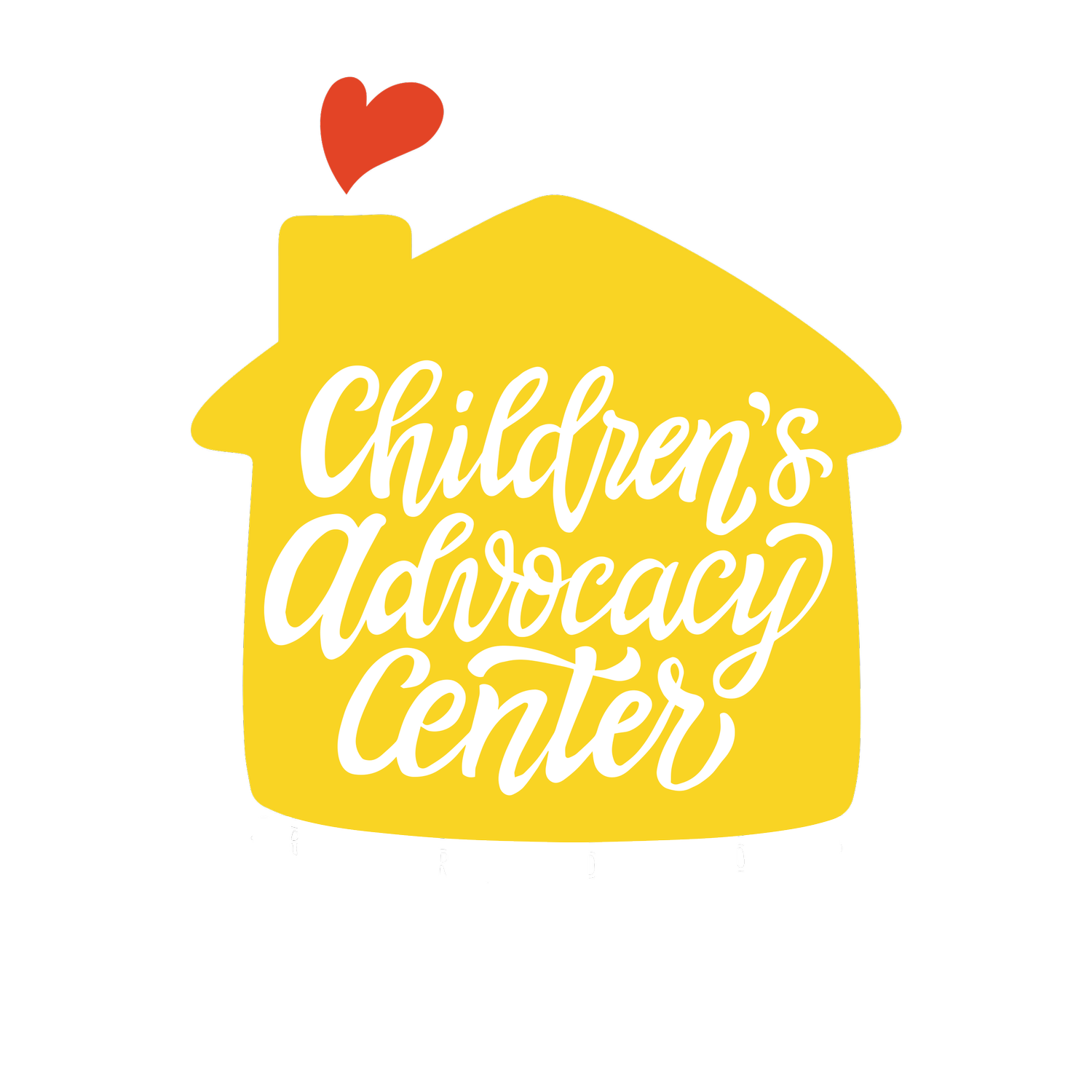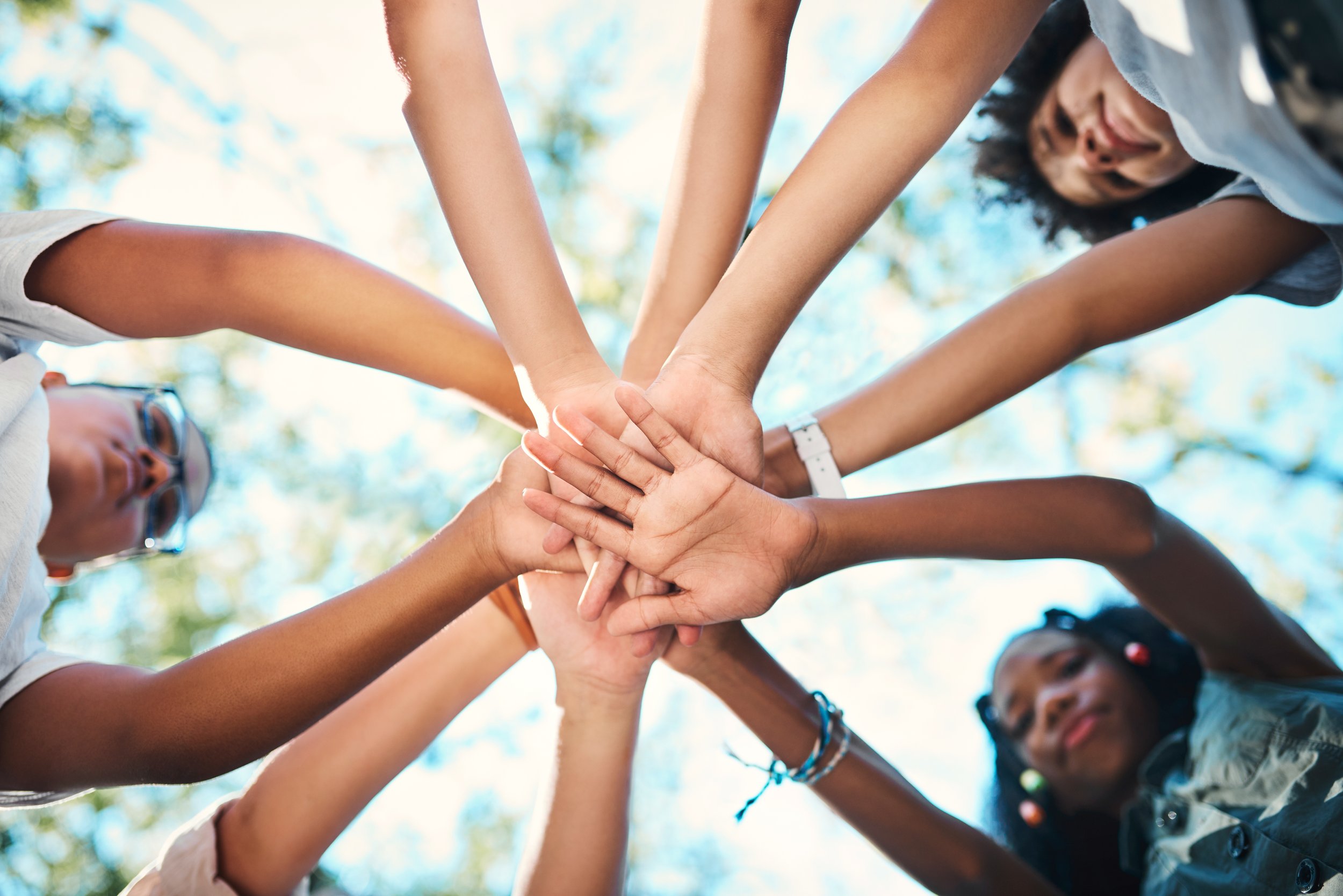Your donation makes a difference.
Donating to the Children’s Advocacy Center can make a significant difference in the lives of children who have experienced abuse or neglect.
Here are some ways your donation can make a difference:
Support for services: Your donation can help support a range of services provided by the Center, including trauma-informed therapeutic care, medical exams, forensic interviews, family advocacy, and case review. These services are provided at no cost to families, and your donation can help ensure that these critical services grow with the needs of our community.
Resources for families: The CAC provides important resources and support for families of children who have experienced abuse or neglect. Your donation can help provide these resources, which include therapy groups, parenting classes, and referrals to other community resources.
Food, household and transportation assistance: Families affected by abuse and trauma often experience financial crisis. Your donation can help the Children’s Advocacy Center provide food, clothing, household essentials, toiletries, comfort items, birthday and holiday gifts and meals, seasonal clothing, and transportation assistance to a family in need.
Training and education: The CAC provides training and education to professionals who work with children, including law enforcement, medical professionals, educators, and child welfare workers. Your donation can help support these efforts, which can improve the response to child abuse, neglect and trauma, right in our community.
Advocacy and prevention: The Children’s Advocacy Center engages in advocacy and prevention efforts, working in the community with partnering agencies to help protect children and prevent abuse and neglect. Your donation can help support these efforts, which can make a long-term impact on the well-being of children in our community.
Your donation to the Children’s Advocacy Center can help provide critical services and support to children and families who have experienced abuse, while also working towards preventing future abuse and neglect.



